Market Trends
Key Emerging Trends in the Organic Eggs Market
The organic eggs market is undergoing dynamic shifts driven by changing consumer preferences, increased awareness of sustainable and ethical practices, and the growing demand for organic and nutrient-rich food options. Organic eggs, produced through organic farming methods without the use of synthetic pesticides or antibiotics, have gained popularity as consumers prioritize healthier and environmentally conscious choices. Market dynamics are shaped by various factors, including the emphasis on animal welfare, certification standards, retail trends, and the broader movement toward organic and sustainable agriculture.
One of the key drivers of the organic eggs market is the rising consumer awareness of the benefits associated with organic farming practices. Health-conscious consumers are increasingly seeking products that are free from synthetic chemicals, antibiotics, and genetically modified organisms. Organic eggs, produced by hens with access to outdoor spaces, organic feed, and raised without antibiotics, resonate with individuals looking for nutrient-dense and ethically sourced protein options. This awareness has fueled the demand for organic eggs, prompting farmers to adopt organic production methods and leading to the expansion of the organic eggs market.
Animal welfare considerations play a pivotal role in shaping the market dynamics of organic eggs. Consumers are increasingly concerned about the well-being of laying hens and are willing to pay a premium for eggs produced under humane conditions. As a result, organic egg producers adhere to higher animal welfare standards, providing hens with more space, access to the outdoors, and natural living conditions. These practices not only meet consumer expectations but also contribute to the overall positive image of organic egg brands, influencing purchasing decisions in the market.
Certification standards and labeling contribute significantly to market dynamics in the organic eggs sector. Third-party certifications, such as USDA Organic and other regional or international organic certifications, assure consumers of the adherence to strict organic farming practices. The presence of these certifications instills trust and confidence in the organic eggs market, helping consumers make informed choices. Producers and retailers often highlight these certifications on packaging and marketing materials to differentiate their organic eggs from conventionally produced alternatives.
Retail trends and distribution channels are influential factors in the organic eggs market dynamics. The availability of organic eggs in mainstream grocery stores, natural food retailers, and direct-to-consumer channels has expanded, making organic eggs more accessible to a wider consumer base. The convenience of purchasing organic eggs alongside other grocery items has contributed to their increasing market share. As demand continues to rise, retailers are adapting their strategies to accommodate organic products and cater to the preferences of health-conscious consumers.
The broader movement toward organic and sustainable agriculture is shaping the dynamics of the organic eggs market. As consumers become more environmentally conscious, there is a growing interest in supporting farming practices that prioritize soil health, biodiversity, and ecological sustainability. Organic egg production aligns with these values, as it often involves regenerative farming practices that benefit both the environment and the well-being of farm animals. The alignment with broader sustainability goals contributes to the positive perception of organic eggs in the market.
Global economic factors, including the cost of organic feed, transportation, and market demand, impact the dynamics of the organic eggs market. The production costs associated with organic farming practices can influence the pricing of organic eggs, affecting their affordability for consumers. Economic variables, such as fluctuations in fuel prices and supply chain disruptions, also play a role in shaping market dynamics. Producers must navigate these economic factors by implementing efficient farming practices, optimizing supply chains, and adapting to changes in input costs.


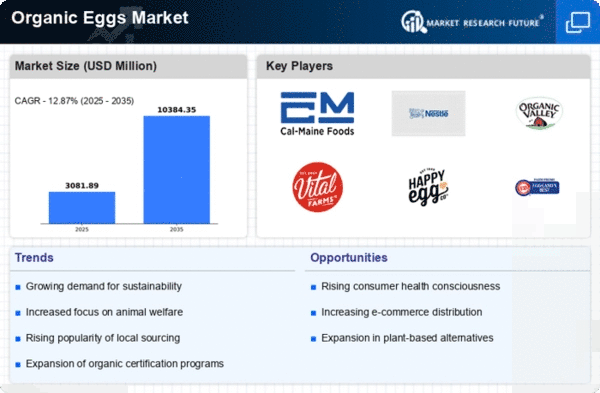
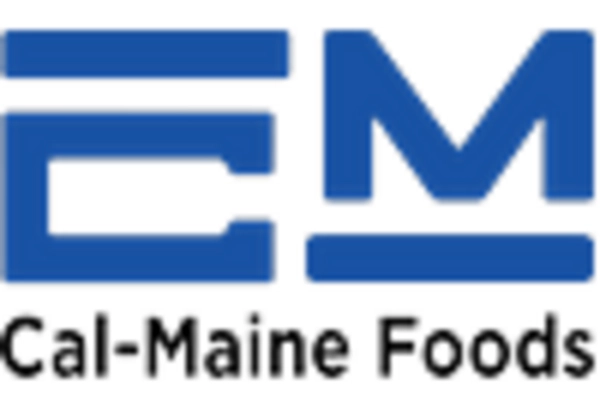
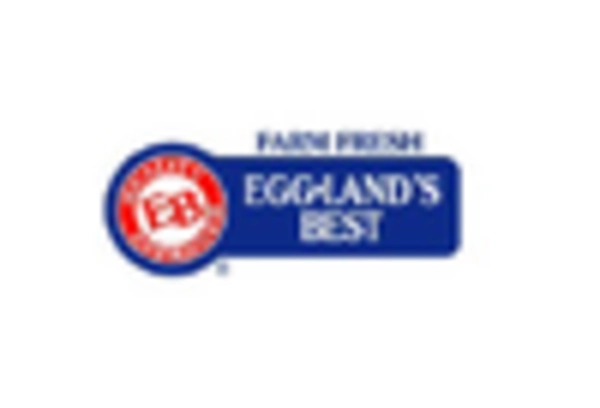


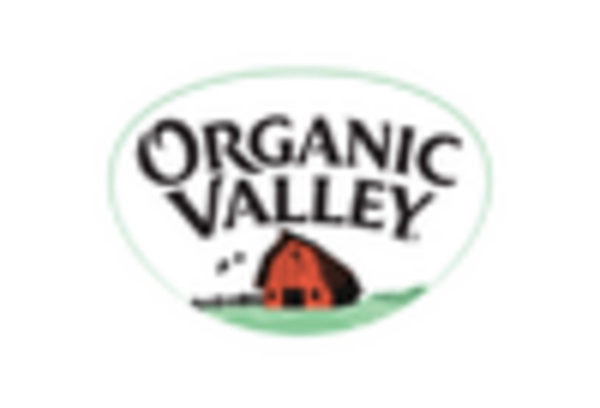
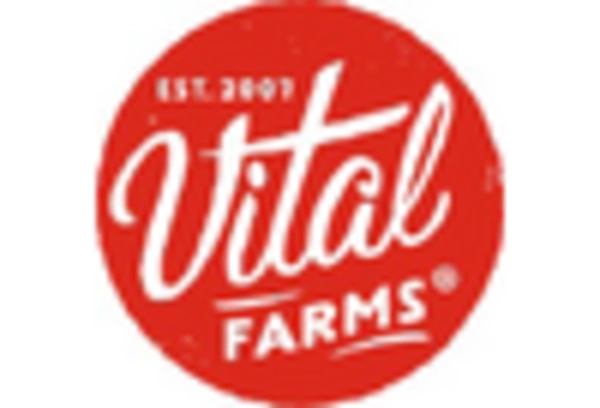









Leave a Comment